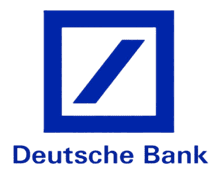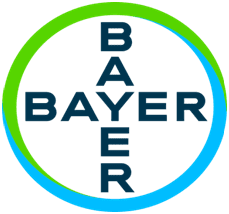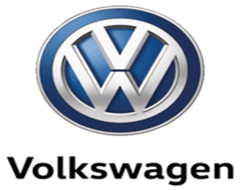IT HAS NEVER happened to a chief executive of a company in the DAX index of Germany’s 30 largest listed firms. On April 26th 56% of shareholders in Bayer, a chemicals conglomerate, censured Werner Baumann and his management team. Most German bosses can count on nine in ten shareholders to back them in non-binding confidence votes.
In 2015 a rebellion by a minority, of 39%, of Deutsche Bank’s owners, who censured Anshu Jain and Jürgen Fitschen, led both co-chief executives to announce their resignation.
Bayer shareholders have reason to be mutinous. Its share price has plunged by 40% since its takeover last June of Monsanto.
It is now worth less than the $63bn it paid for the American seed-and-chemicals giant. Critics accuse Mr Baumann of infecting a healthy firm with underestimated legal risks related to Roundup, Monsanto’s blockbuster weedkiller.
In August an American court awarded $289m to Dewayne Johnson, a terminally ill cancer patient who had been exposed to Roundup over many years.
In March it lost a similar case when a court in California awarded $81m to a cancer victim. It is fending off more than 13,000 lawsuits alleging (despite earlier scientific evidence to the contrary) that Roundup causes tumours. The next verdict is expected later this month. There are murmurs that activist investors, including Elliott, an American hedge fund which owns a stake in the company, want to amputate Bayer’s agriculture business from its healthier drugs one.
Bayer is not the only German blue-chip company that has stumbled after an American misadventure. Volkswagen, Europe’s biggest carmaker, has so far paid $30bn in fines and compensation in America after it was caught fitting “defeat devices” in up to 11m cars worldwide to fool emissions tests. It is now trying to reinvent itself as Europe’s leading maker of electric vehicles.
Deutsche Bank’s existential troubles date back to its acquisition in 1999 of Bankers Trust, an American investment bank, which served as the launching pad for its ill-fated foray into international investment banking. Daimler, which makes Mercedes cars, has yet to recover after losing €40bn ($45bn) in its short-lived takeover in 1998 of Chrysler. ThyssenKrupp, a steelmaker, burned through €8bn with two factories in North and South America and is now splitting its historic steelmaking unit, to be merged with the European steelmaking business of Tata, an Indian conglomerate, from its lucrative lifts business.
Optimists point to the rude health of DAX stalwarts like SAP (software), Allianz (insurance), Munich Re (reinsurance), Siemens (engineering) or BASF (chemicals)—solid companies with sound balance-sheets busily preparing for the digital age. Even Volkswagen appears largely to have put “Dieselgate” behind it.
Cornelius Baur, the German boss of McKinsey, a consultancy, puts some of German firms’ mishaps to chief executives’ poor communication strategy. Americans talk up sexy topics such as technology when they pitch their company’s achievements. By contrast, Mr Baur observes, Germans tend to pontificate about regulation and taxes.
Perhaps. But even DAX companies that have avoided self-inflicted wounds from unfamiliar American-style corporate aggression face challenges. Most depend on exports. They are affected by the slowdown of the Chinese economy, tariff wars and the uncertainty over Brexit. Last year the operating income of DAX firms fell by 6.5%. Although the index is up since January, in line with other stockmarkets, this year may be no less tough for some of them. Carmakers and energy firms plan to send many workers into early retirement.
Whether Bayer’s boss joins them will depend on how company’s legal troubles in America unfold. The sum awarded to Mr Johnson was subsequently reduced; Bayer is appealing. On April 30th credit-raters at Moody’s said that Bayer could absorb litigation costs of up to €5bn. But they warned that payouts of €20bn or more could push the company’s rating uncomfortably close to junk.
All large German Corporate has to learn Business practices in the new Millennium particularly dealing with American Markets and its systems.





